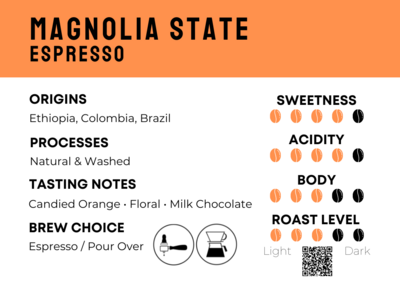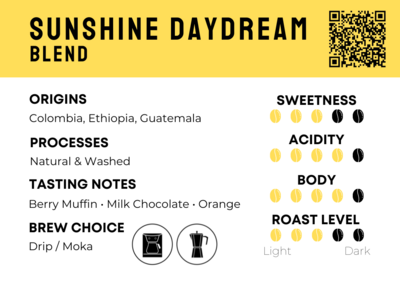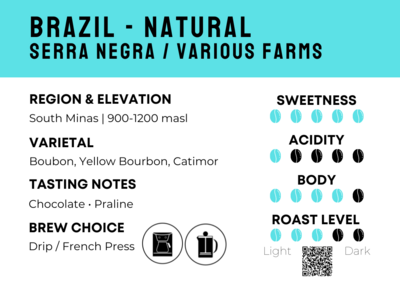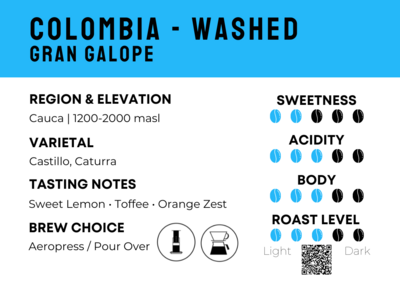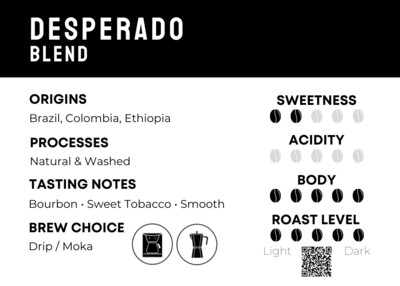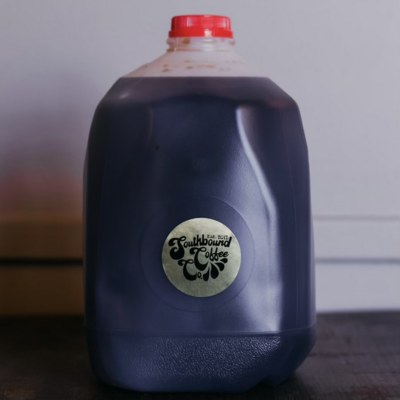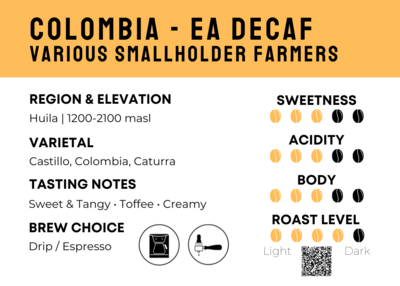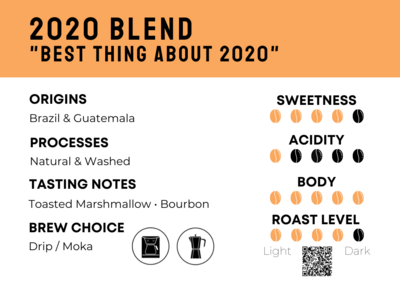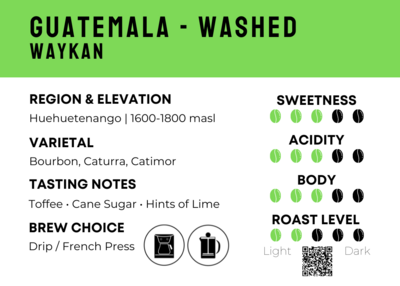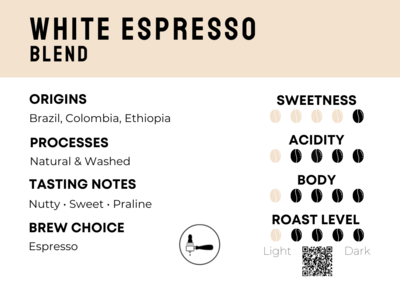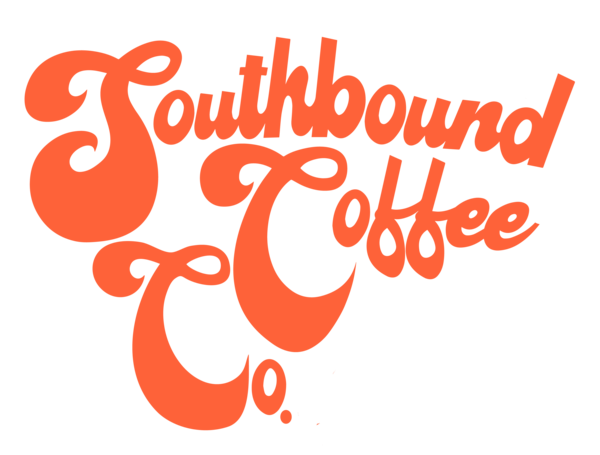
Wholesale - Costa Rica - Yellow Diamond Honey | Las Lajas Micromill
Juicy & full of flavor - this coffee highlights the beautiful tropical notes of Costa Rica with a smooth mouthfeel. We recommend enjoying this coffee as a pour-over to experience its delicate notes. You will experience cherry, strawberry, and stone fruit notes.
TASTING NOTES: Cherry • Strawberry • Syrupy
FARM: Finca Las Lajas
PROCESSING METHOD: Yellow Diamond Honey
VARIETAL: Caturra, Catuai
REGION & ELEVATION: Sabanilla de Alajuela, Central Valley | 1400-1600 masl
FINCA LAS LAJAS
Oscar and Francisca Chacón are third-generation coffee producers, but the coffee is more than just in their family heritage: It's in their hearts and souls as well. The couple is committed to quality and innovation, and are among the very first farmers in Costa Rica to produce Honey and Natural process specialty coffee.In 2005, after years of delivering their cherry to a cooperative for the going market price, they decided to join the brand-new "micromill revolution" and buy their own depulper to have more control over the quality and the price they received for their lots. "At first, we didn't know what we were doing," Oscar explains. "We were just experimenting." That experimentation led to some of the most exciting new flavor profiles we have ever tasted: Now, the Chacons produce a wide range of Honey process coffees, modulating the drying time in order to create different effects in the cup.Necessity bred more innovation for the family when an earthquake in 2008 wiped out electricity and water to their area during the harvest. Unable to run the depulpers or to wash the mucilage off to produce Washed lots, Francisca took inspiration from her knowledge of African coffee production and quickly built raised beds on the property. Their Natural lots caught the attention of Cafe Imports' founder Andrew Miller, and the rest is both history and our-story. Las Lajas owns and the following farms for cultivating their coffees: Alajuela, Calle Liles, Calle San Juan, Los Angeles, Los Pinitos, Sabana Redonda, Sabanilla, San Luis.
MICROMILL
Microlots from Costa Rica are typically sourced from producers who have invested not only in growing their farms, but also in building and operating their own processing facilities, typically called "micromills." Micromills typically yield fewer than 1,000 bags annually, and are often independently owned by a family or small group of producers. Microlots in Costa Rica are separated out based on differentiated characterizations such as processing, variety, or some other aspect. Microlots carry the highest quality as well as the highest level of traceability
YELLOW DIAMOND
What makes this process different from all the rest, is the intentional curing aspect. It is still a Honey process, but the drying period takes between 15 to 22 days. The process is very similar to their other Honey processes: starts with the rigorous harvesting standards, sorting and it's let to dry under the superficial humidity for one day on raised beds. Then the beans are moved from the raised beds to the drying patio.The drying process takes more attention than the rest of their Honeyprocessed coffees. Since it’s a slow drying process, they need to constantly check on the temperature and movement of the beans so they don’t get heated. What they’re aiming for with this process is slow dehydration, slower than usual, not allowing the temperature to rise abruptly, and everything under control measures. Oscar explained that the concept comes from the process of drying coffee seeds for nursery, slowly drying them without compromising the embryo; a passive drying process. With this process, they don’t want to harm the beans with high temperatures rather than allow the sugars of the mucilage to cold crystalize. They look to obtain a sweeter, more clear, and bright coffees with the Diamond process.
HONEY PROCESS
The Chacons determine which process to use based on the weather on the day the coffee is harvested, as well as the desired profile.
- Yellow Honey: Coffee is turned hourly on raised beds.
- Red Honey: Coffee is turned several times a day on the beds, but not as frequently as for yellow honey.
- Black Honey: The coffee is only turned once per day.
